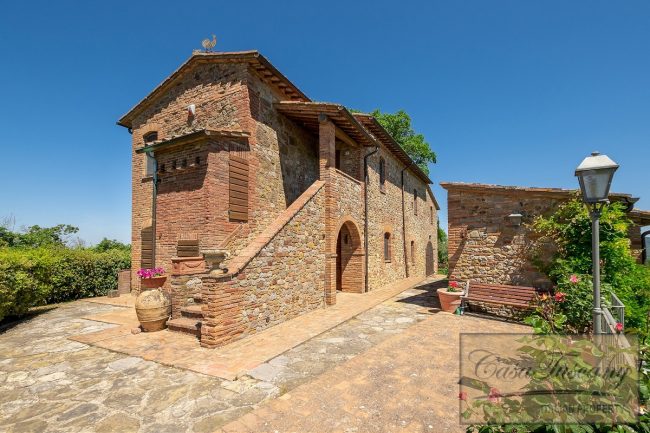ITALY, UMBRIA, PERUGIA
Villa near Perugia with Pool and Stables
Villa near Perugia. Prestigious home which once belonged to the Knights of Malta, surrounded by rows of ancient olive trees, in a hillside position, with a view of Assisi and Deruta. The villa has been carefully restored and retains its old charm.
The property consists of the main villa with 80 sqm of loggia, a wonderful swimming pool, an annex of 70 sqm which has been converted into an independent apartment, a park of 5,000 sqm with stables, changing rooms for the pool and various annexes which can be converted.
It is possible to buy a further 3 plots of building land (about 5,000 sqm in total).Total price Villa + Building Land = €1,435,000).
Access is via an electric gate. The property has every modern comfort and is easily accessible, close to all services.
Prestigious country residence with pool, guest house and annexes for sale in the countryside near Perugia and Lake Trasimeno.
Surrounded by rows of vineyards and centuries-old olive trees, in a hillside position, with views of Deruta and Assisi, 1800s villa, a marvelous blend of aristocratic style, with plastered facades and pietra serena elements, and a rustic character typical of Umbrian country residences with large brick arches connecting the various living areas, wood and vaulted ceilings, brick and stone walls, wood-burning fireplaces and terracotta floors.
The driveway and the park are bordered with mature trees, the garden is landscaped with lawn and ornamental plants, and houses a panoramic swimming pool with a circular-shaped Jacuzzi boasting a central jet fountain.
The villa has been tastefully restored, and every corner preserves its ancient charm, every window frames an enchanting landscape. It is fitted with modern comforts, and close to all services.
The ground floor welcomes you into a main reception room with a fireplace and an elegant dining area, a second living room houses a central brick fireplace for use as a grill and for cooking traditional Umbrian recipes along with a built-in kitchen fitted with all appliances.
A study, a bedroom and a bathroom complete the floor.
The first floor living room connects to the three bedrooms, to a kitchen, and outdoors with a loggia that allows easily a separation to split the property.
The main bedroom is very spacious with double windows and a fireplace, a walk-in closet and a retro-style bathroom with double sinks and a freestanding tub.
On the attic floor two more bedrooms for guest use.
In the park, one of the outbuildings has already been converted into a guest apartment, while other outbuildings can be transformed and expanded for further residential use.
The villa is a ready-to-move-in charming property to live with family and friends and to host tourists for their vacations, allowing further expansion of both existing buildings and the additional building land available under separate negotiation.
Size: 643 sq m/6921 sq ft historical mansion with a three-storey villa restored with 6 bedrooms, guest cottage, old oven and cellar, swimming pool and park, outbuildings to be converted and expanded, building land to be purchased separately
Annexes: 64 sq m/ 688 sq ft guest cottage on one level, 55 sq m/592 sq ft building with cellar and garage and also used as changing room/pool house, 74 sq m/796 sq ft former stables to be converted (with the possibility of extension of additional 100 sq m/1076 sq ft approx.)
Year of construction: 1800s
Year of renovation: 1998
Condition: excellent villa and cottage – annexes to be restored and converted.
Garden: 7200 sq m/1.77 acres fully fenced, electric gate and private driveway – 3 additional building plots available, to be purchased separately
Details on additional building land: approx. 7,700 sq m/1.9 acres in total made of 3 plots where it is possible to build 3 detached buildings each with a residential area of approx. 140 sq m/1506 plus basement, with private garden on four sides.
Terrace/Balcony: loggia on the first floor – extension permit available for a 80 sq m/861 sq ft terrace with a portico on the ground floor.
Swimming pool: panoramic in-ground pool with 6-seater round Jacuzzi with central fountain jet, terracotta paved sundeck.
Villa
Layout:
Ground floor:
living room with fireplace
dining room
hallway
kitchen with dining area and fireplace
study
bedroom
bathroom
utility room
wood-burning oven
cellar
First floor:
stairwell and landing
living room with second access from external stairs
kitchen with stairs to second floor
study
Main bedroom with walk-in wardrobe and ensuite bathroom
2 further bedrooms
bathroom
Second floor:
Large attic with 2 single bedrooms
Guest annex: 1 bedroom, 1 bathroom
Building extension allowed for approx. 100 sq m/1076 sq ft + 200 sq m/2152 sq ft paved court/panoramic terrace + 80 sq m/861 sq ft loggia-to-terrace conversion
Distance from amenities: 500 m.
Distance from main airports: Perugia 16 km, Rome 200 km, Pisa 230 km.
Utilities: Phoneline, wifi, LPG heating + pellet stove and wood-fired heating, mains water.
Energy class: G
View all our properties on our website casatuscany.com.
 Città della Pieve
Città della Pieve 5
5 4
4 Yes
Yes

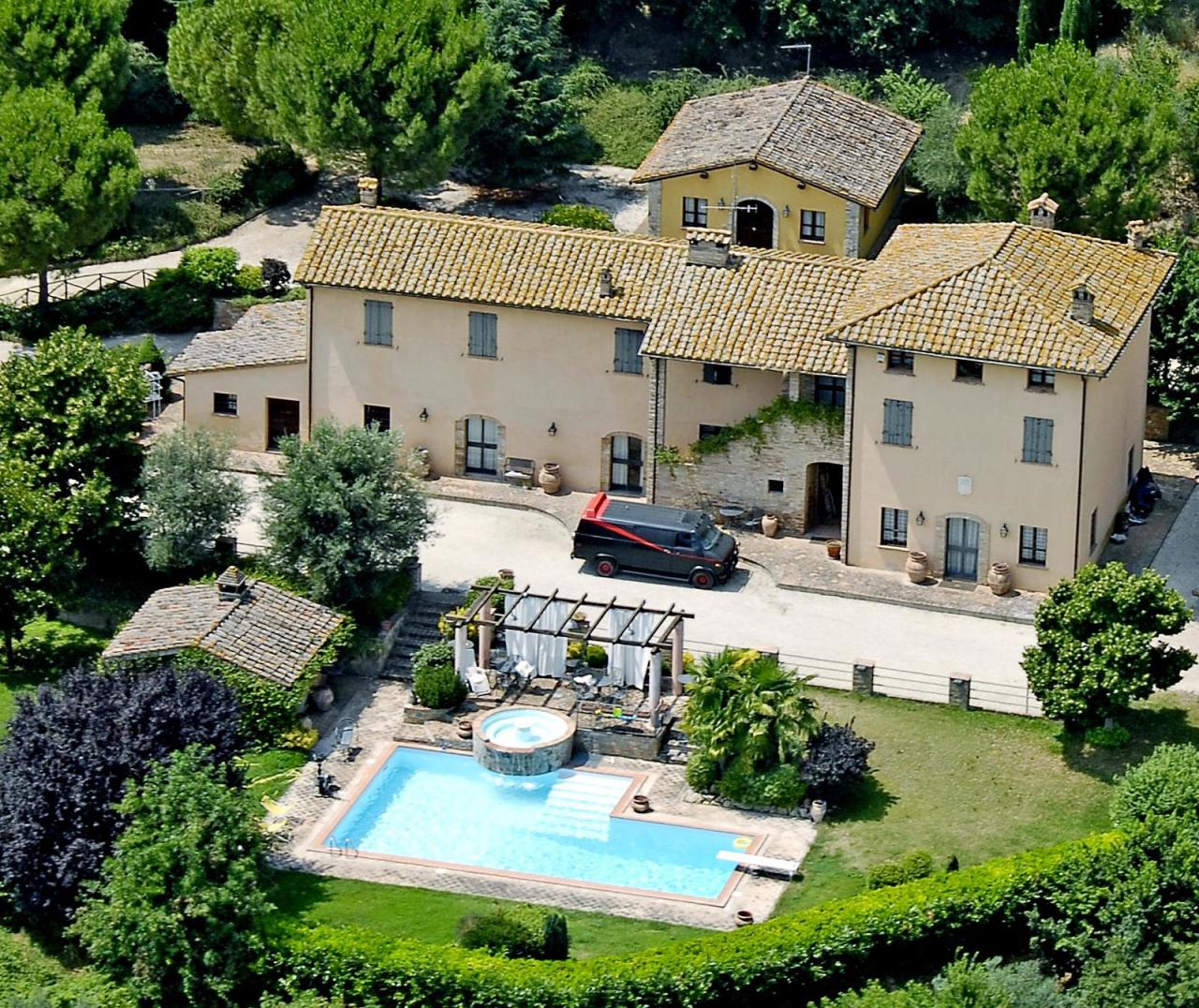

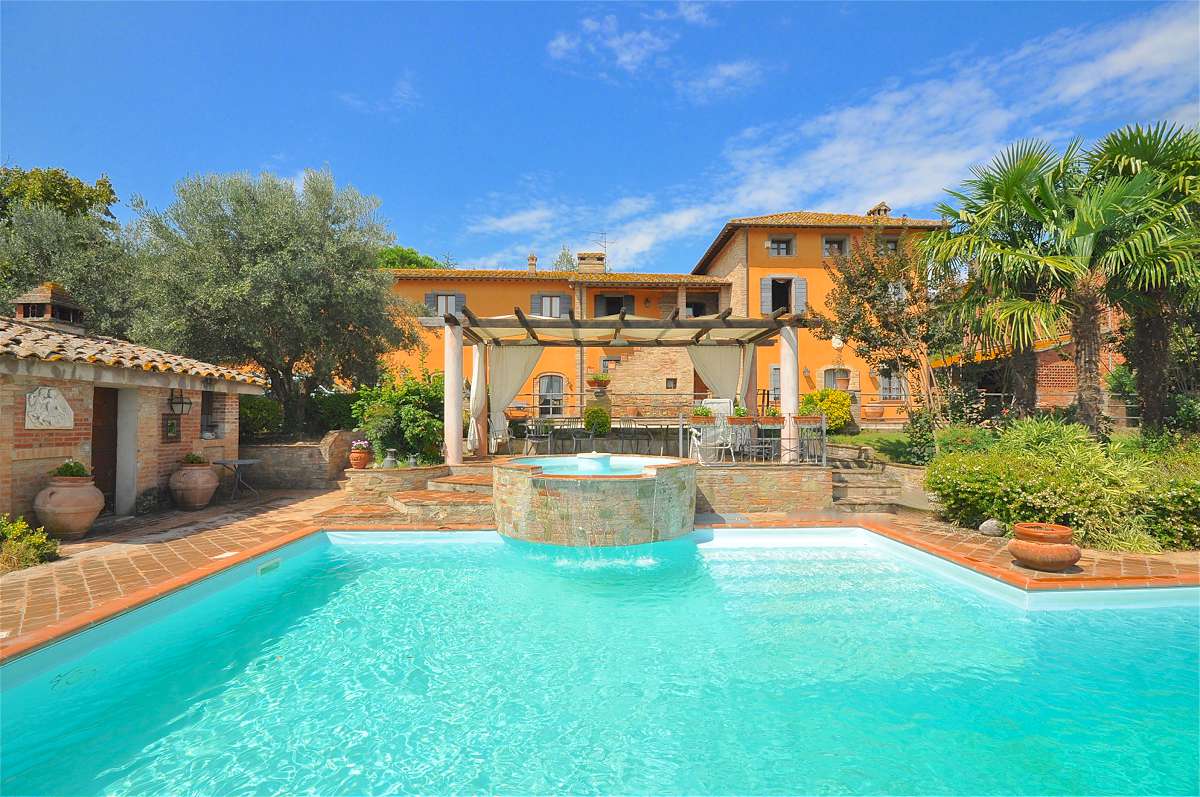
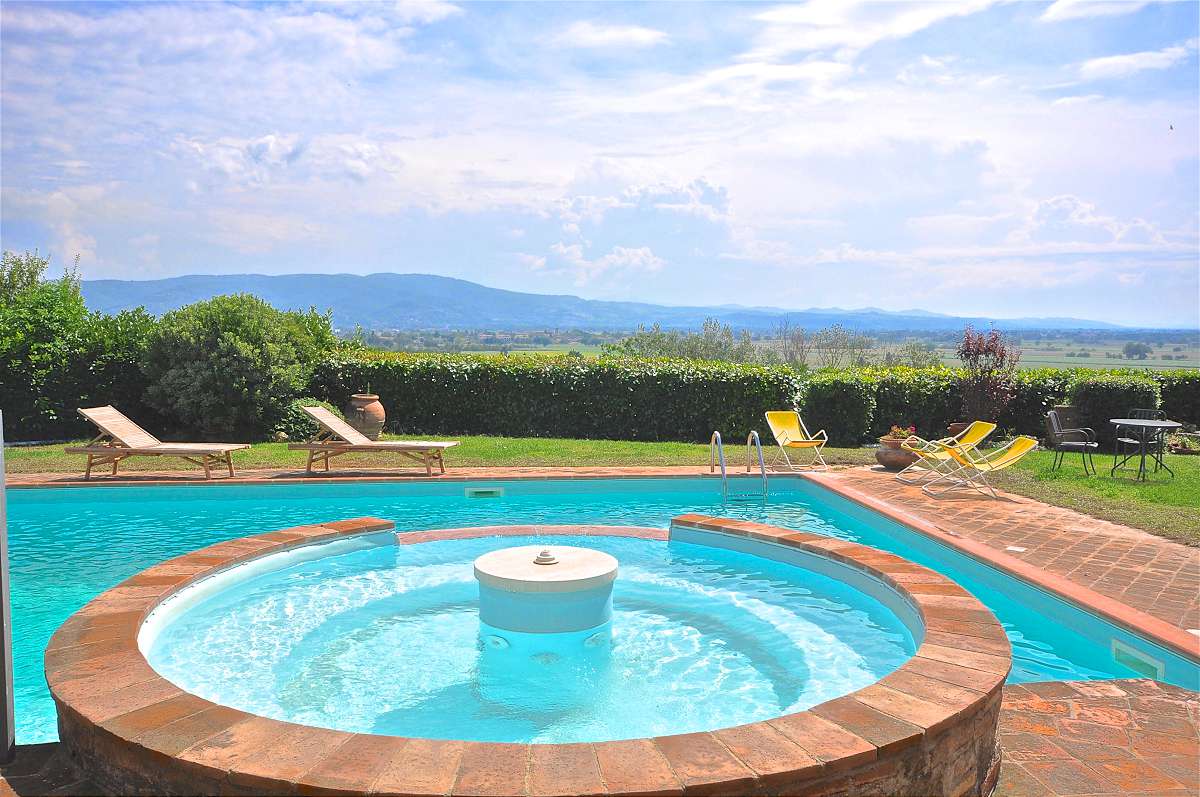
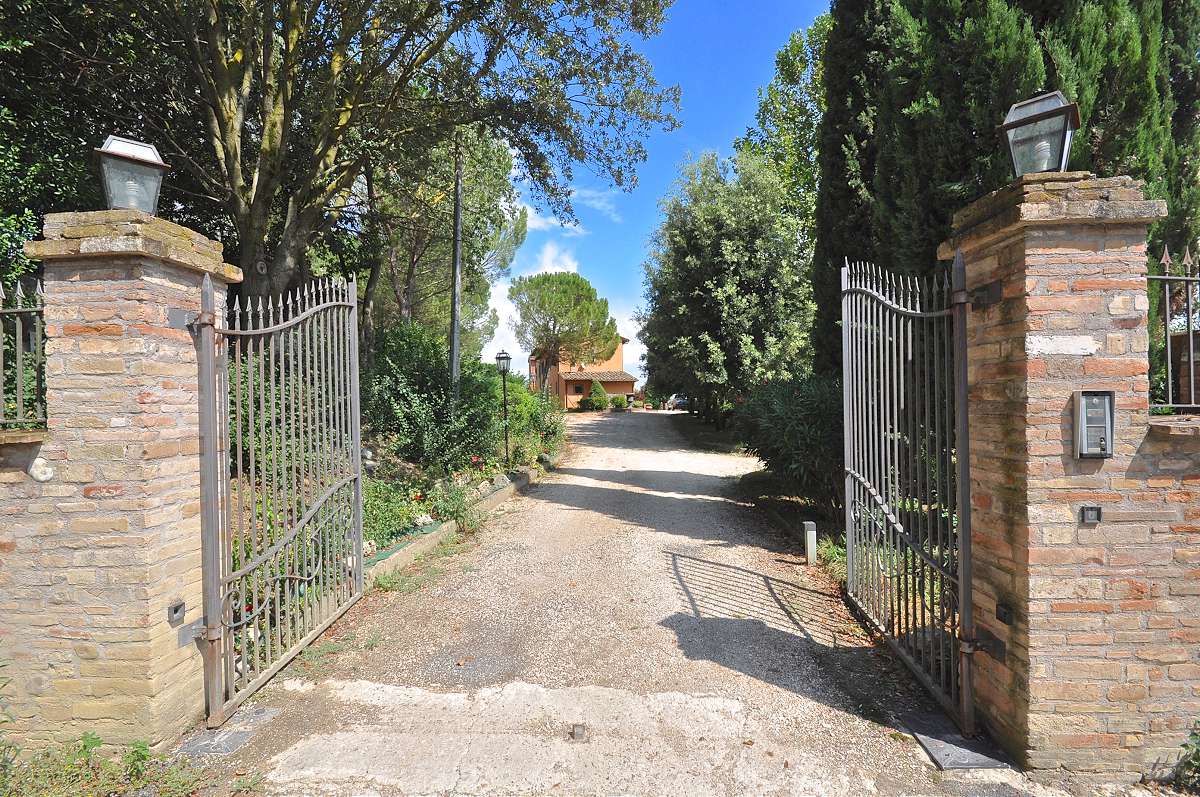

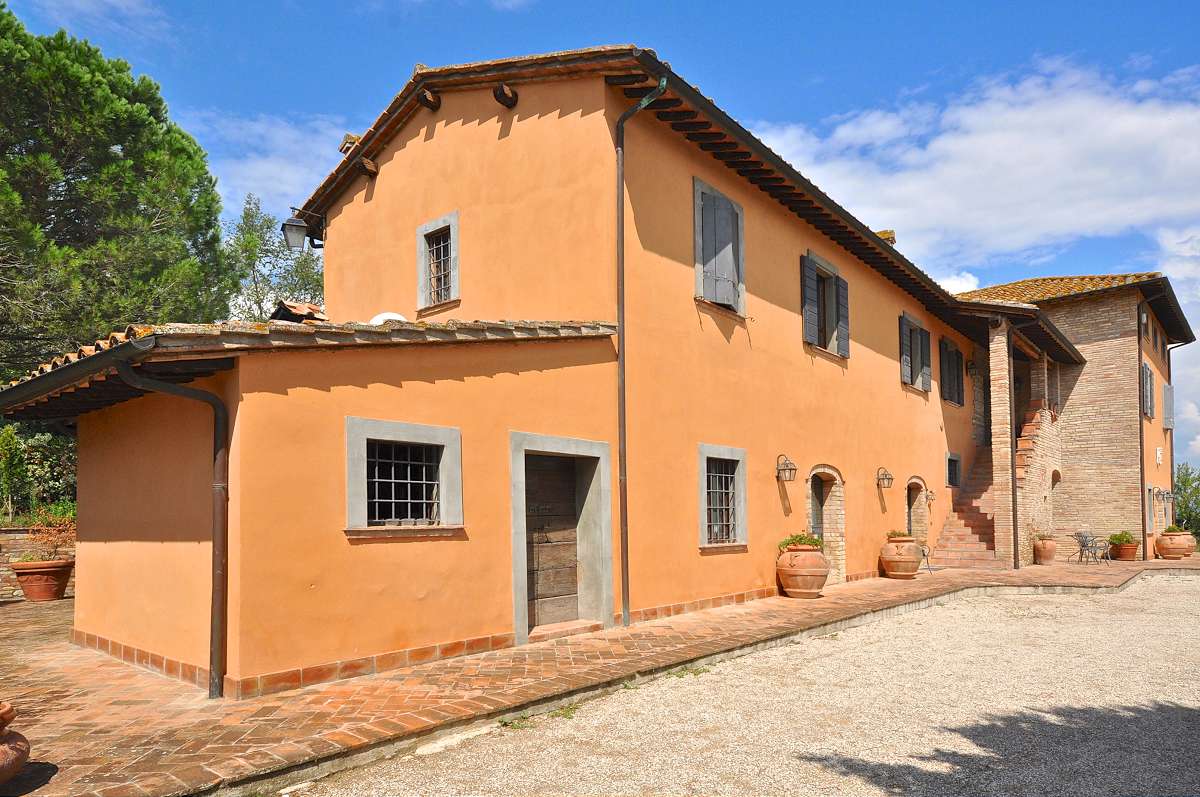
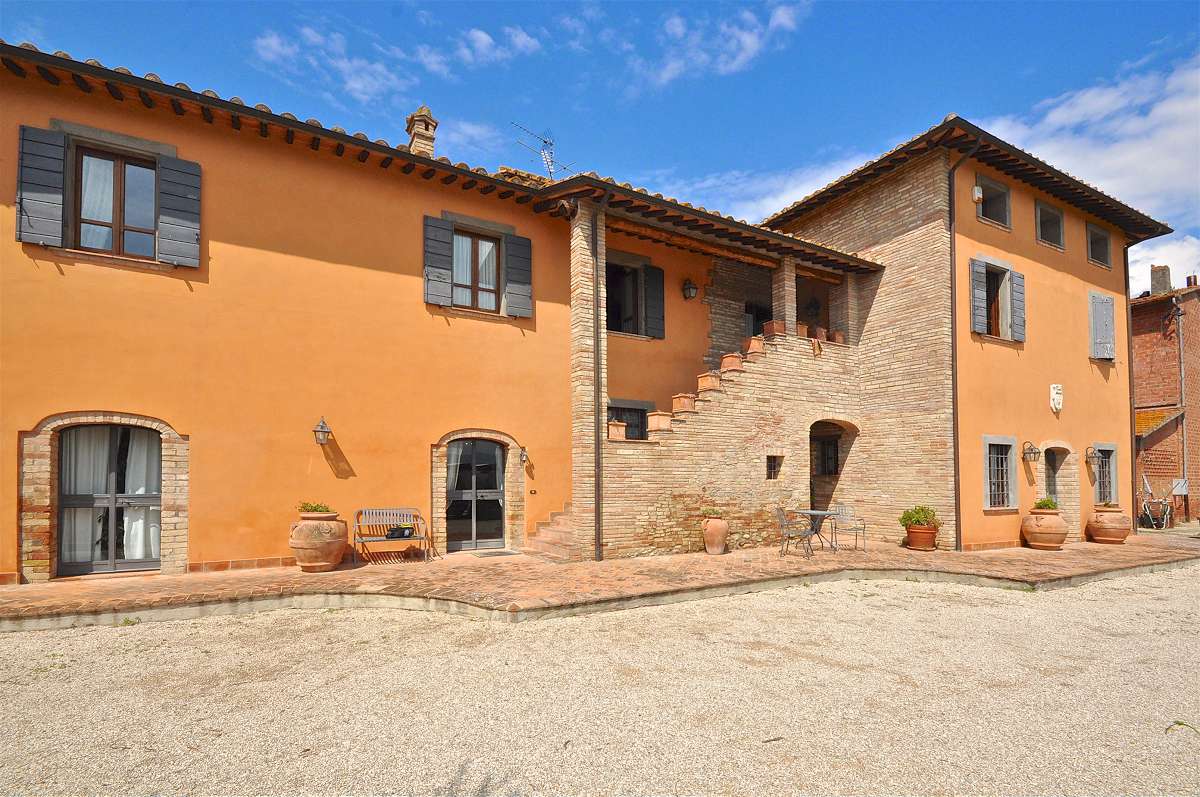
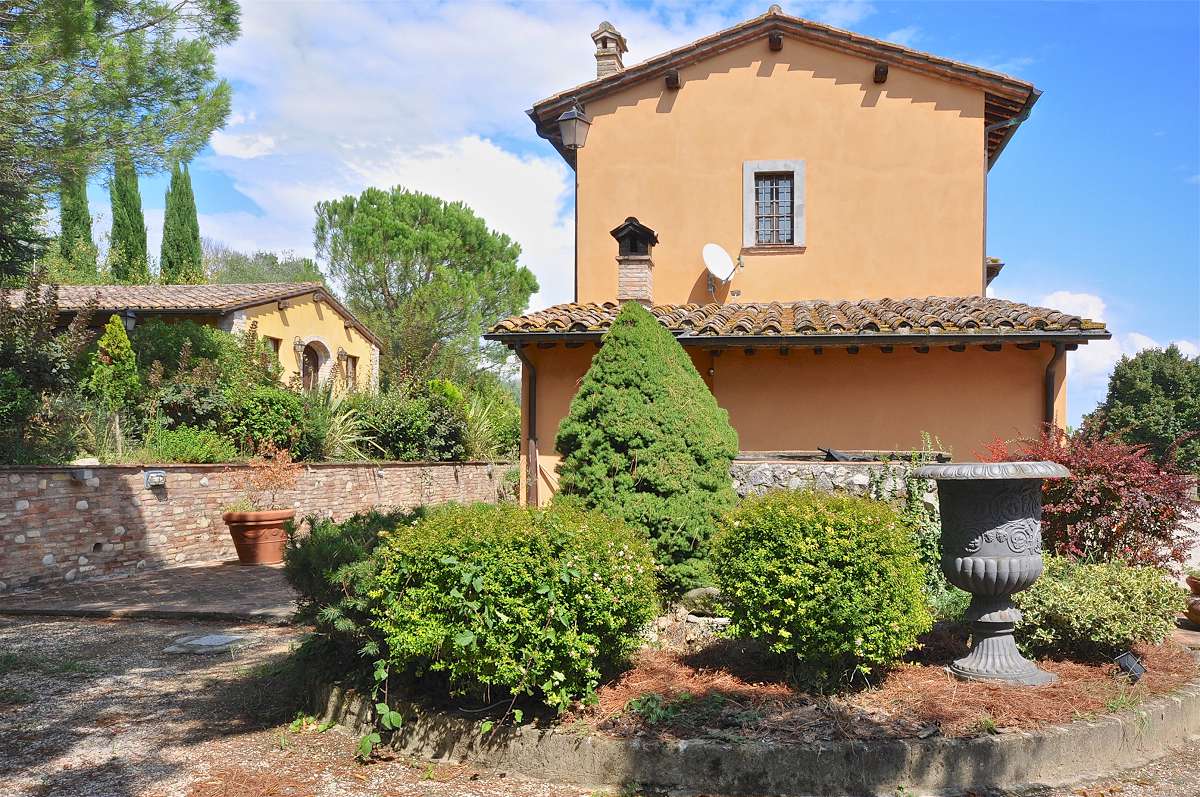
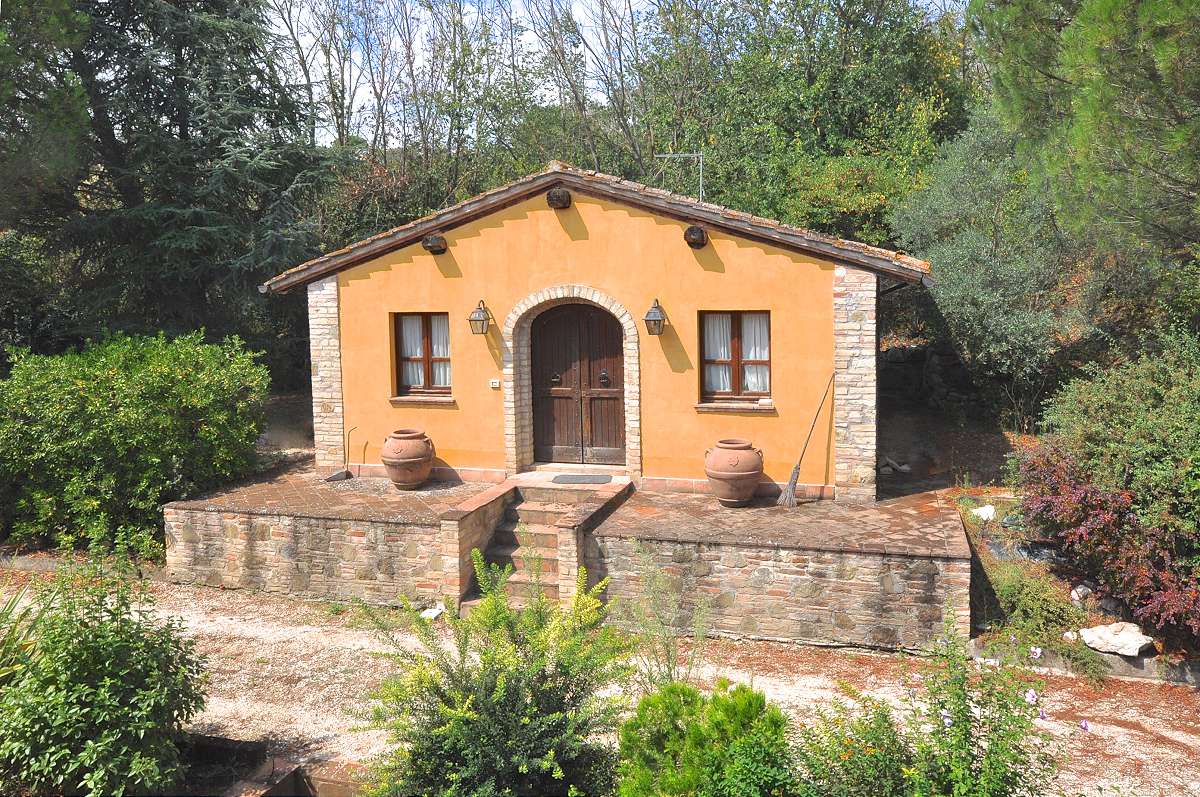

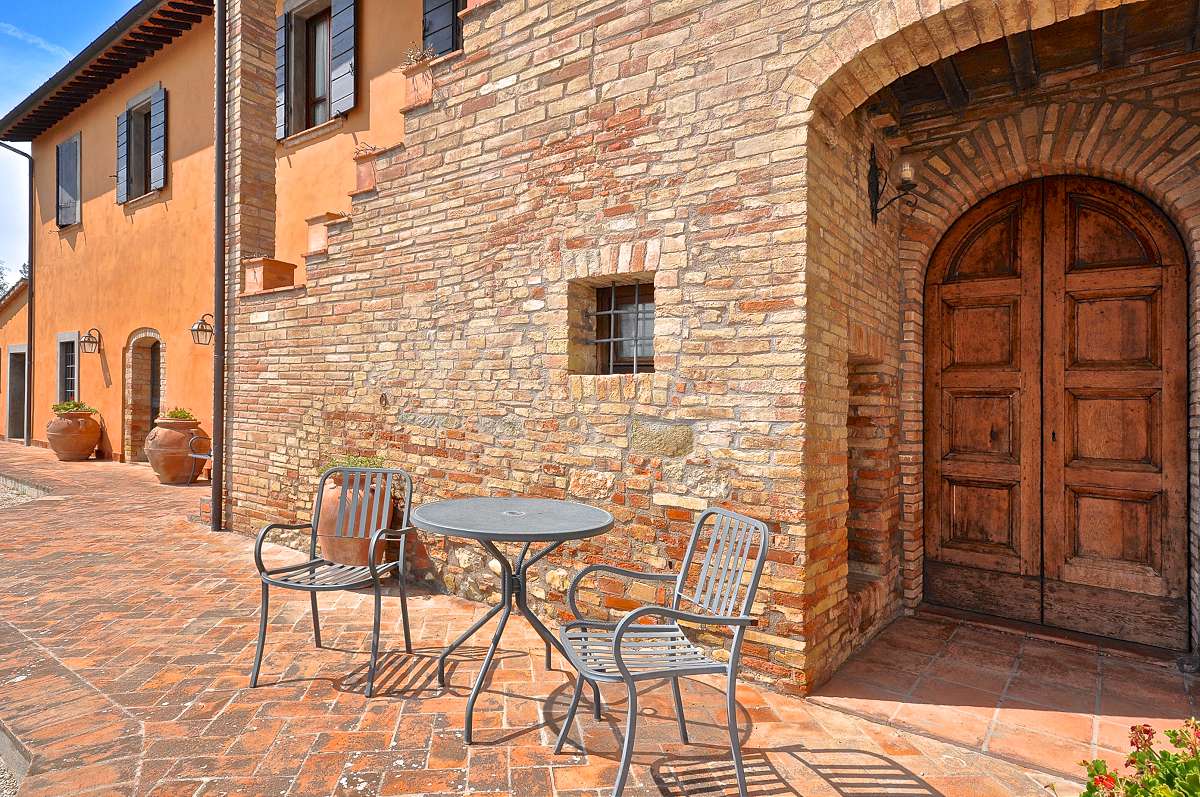
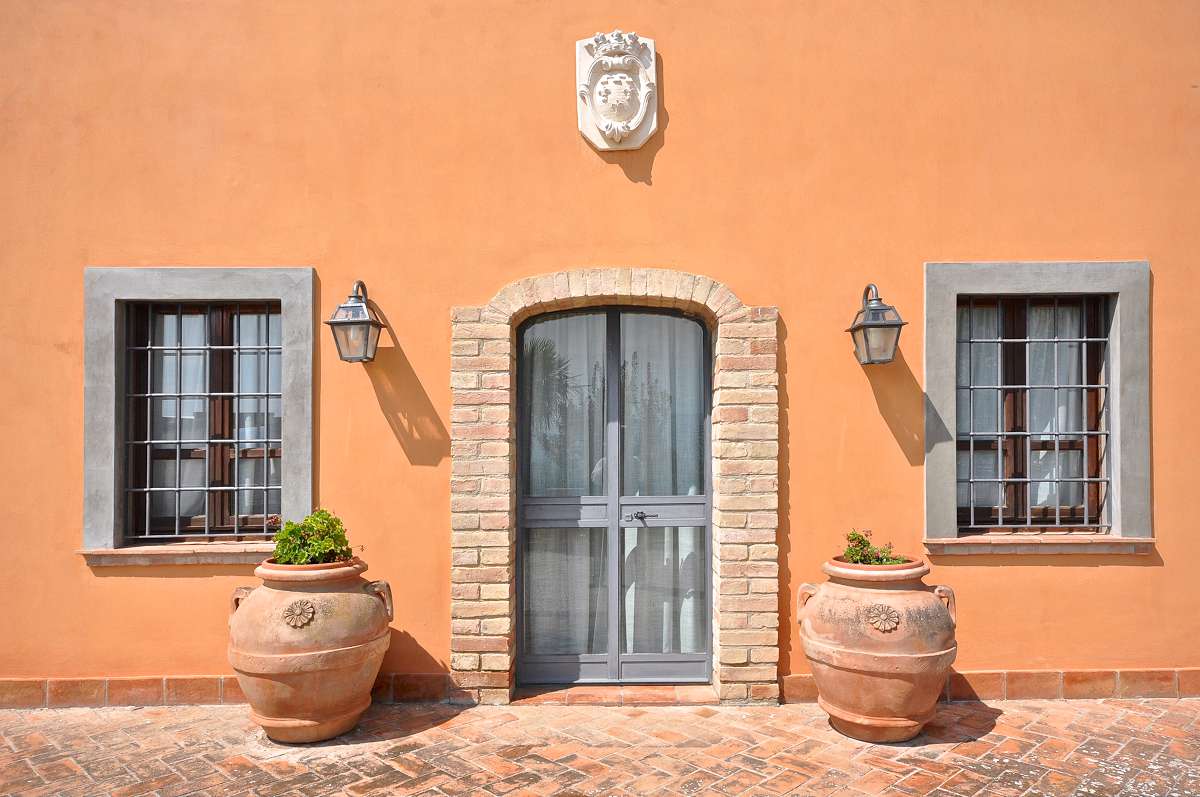
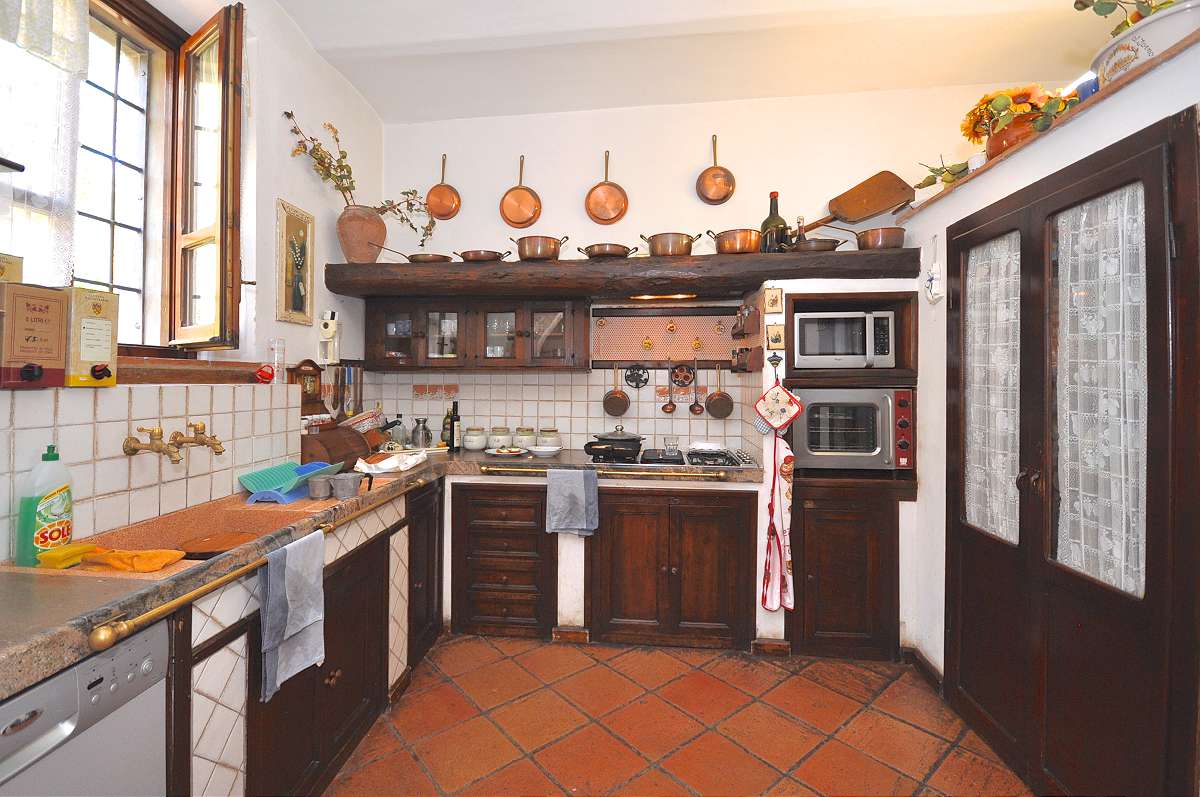
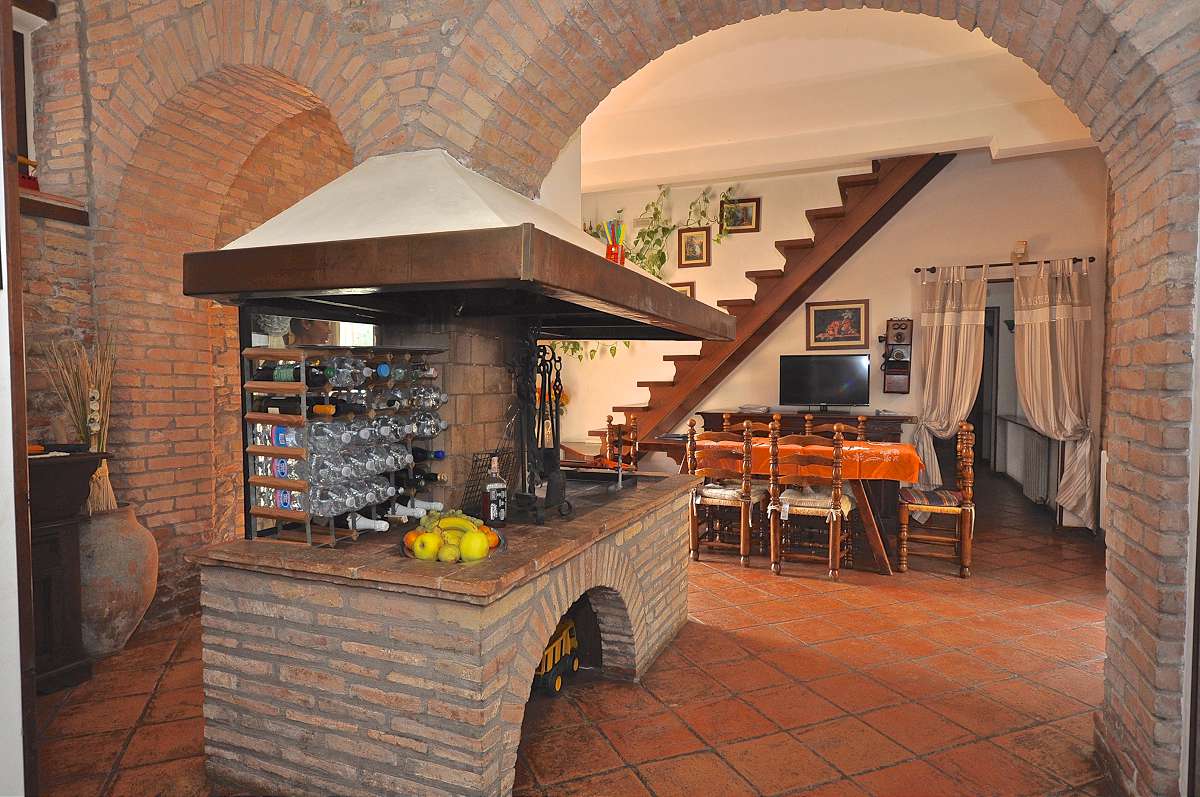
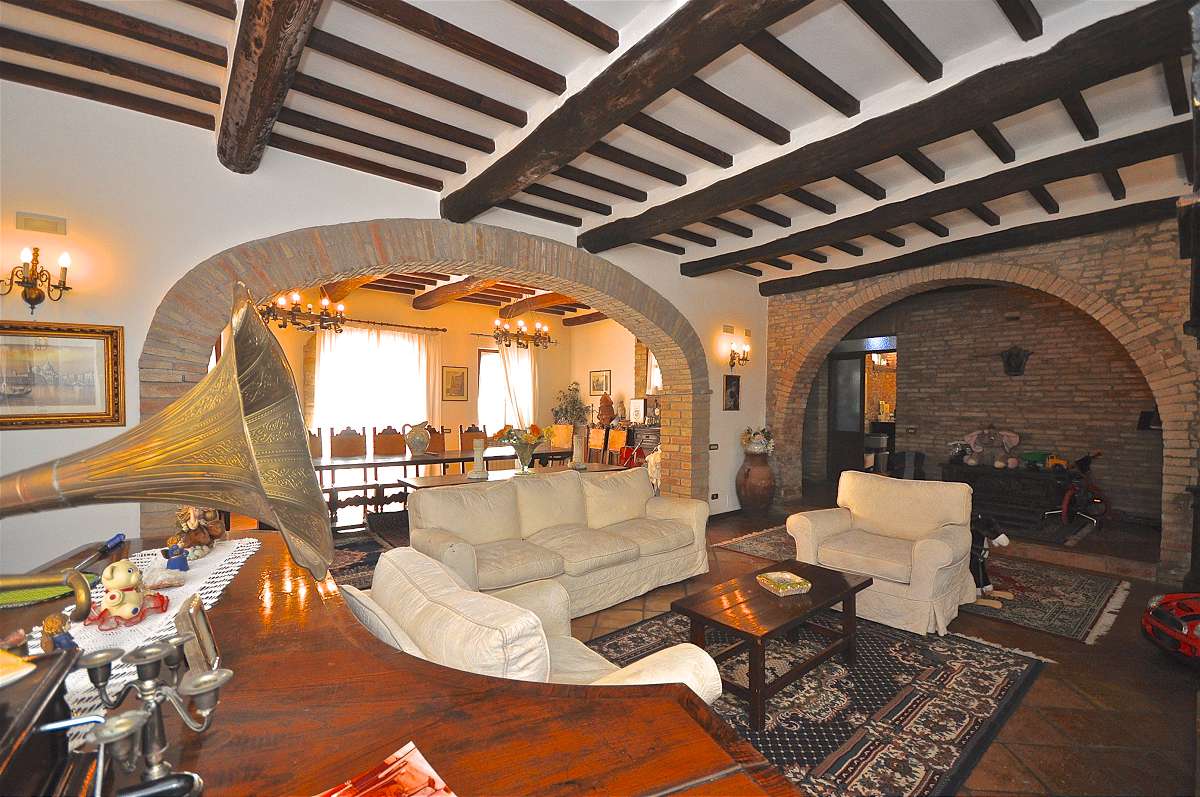
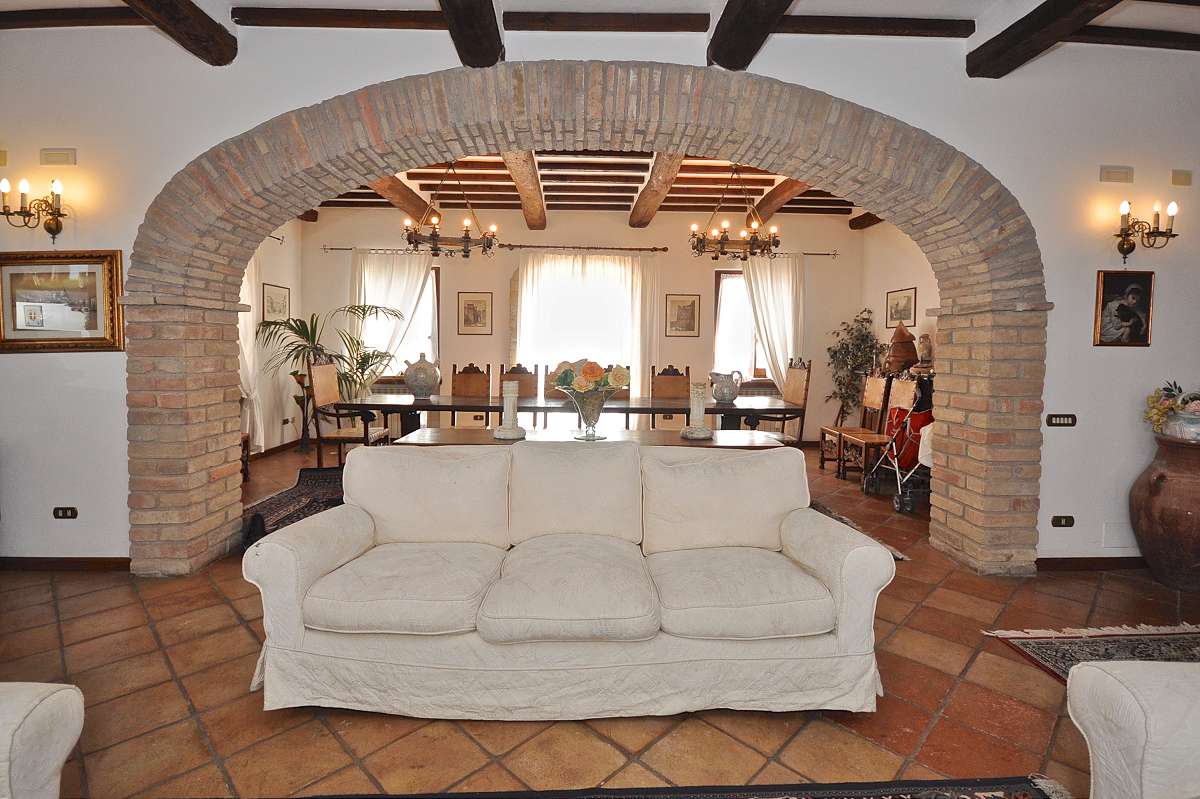
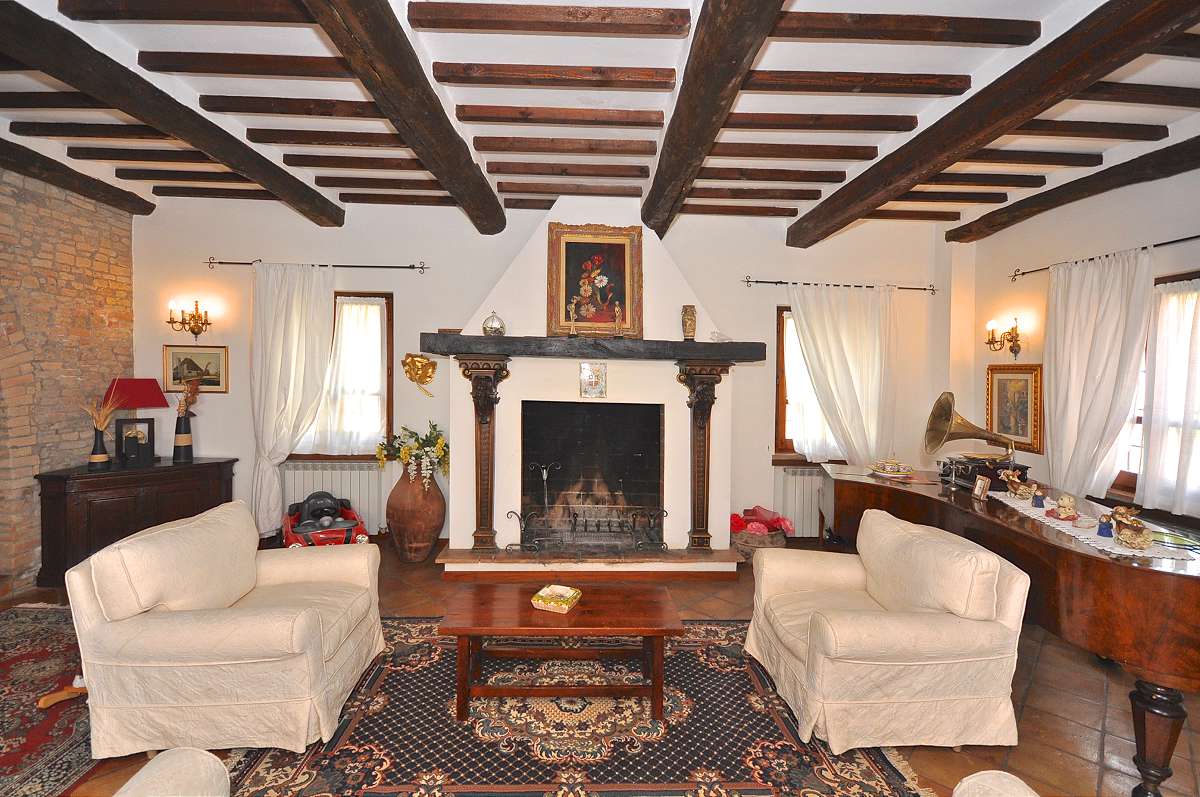
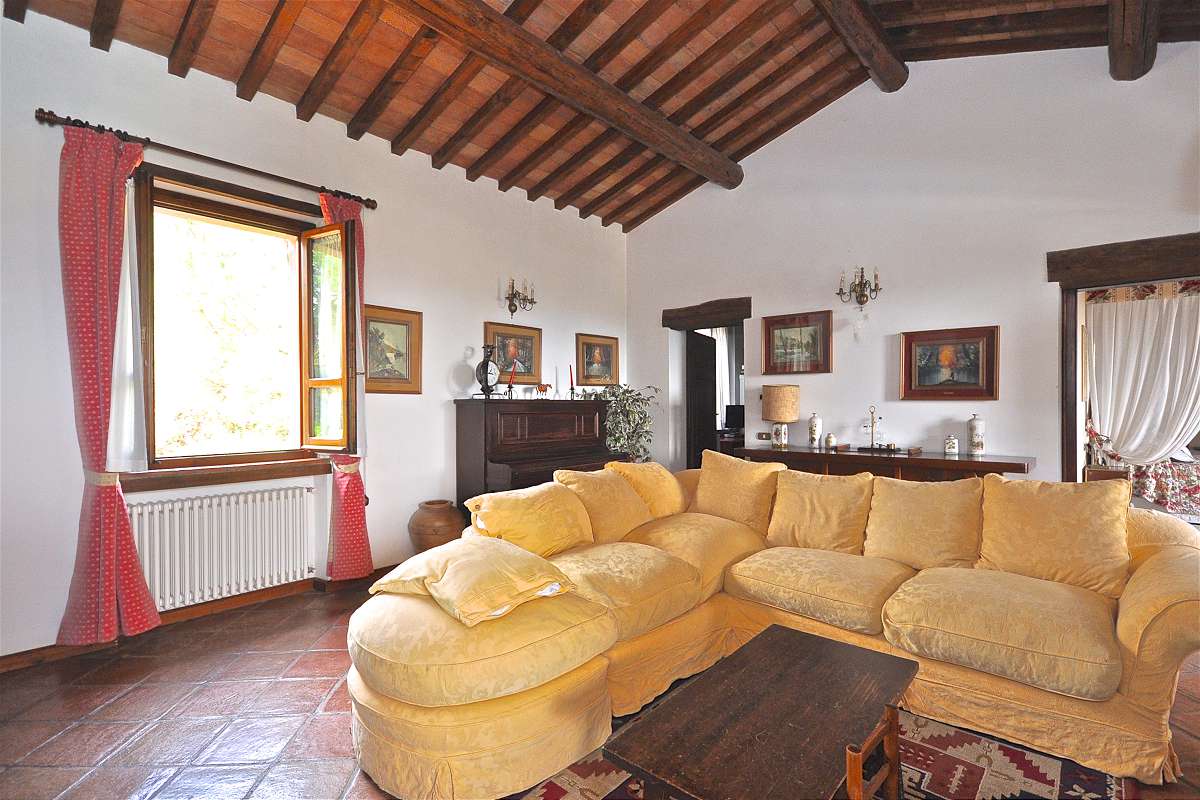
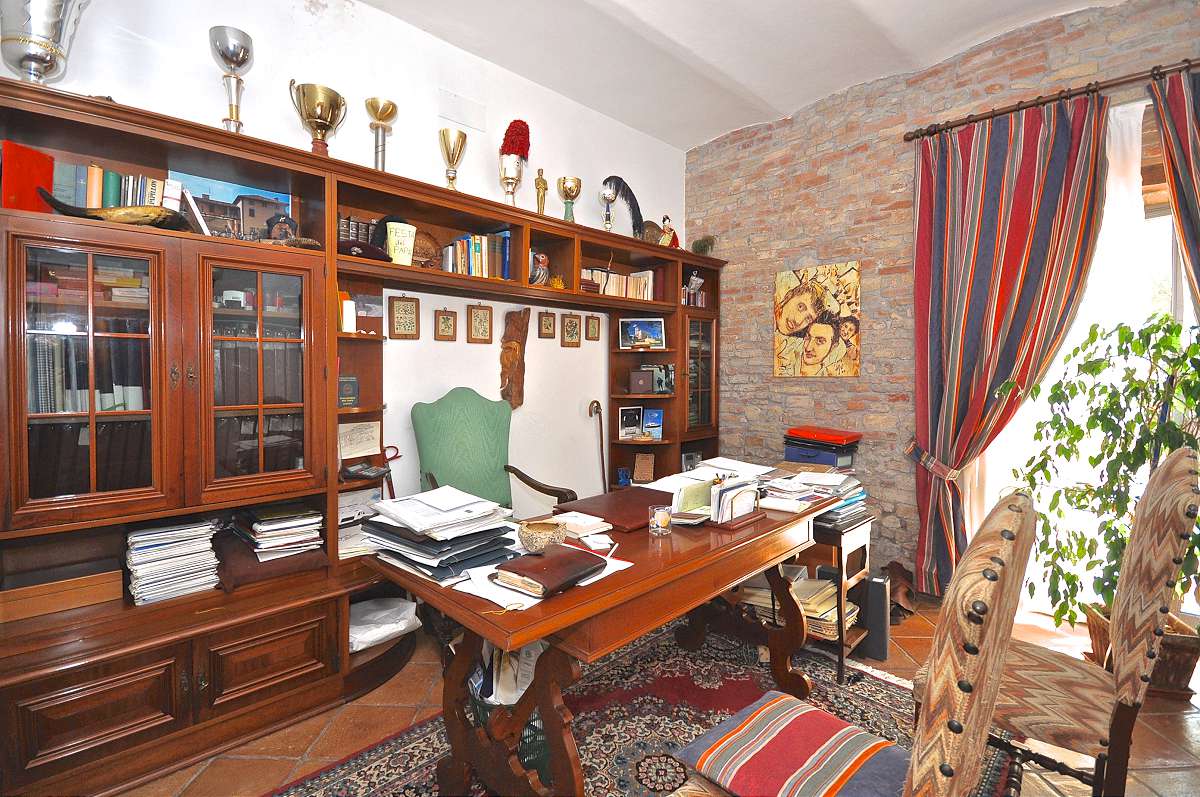
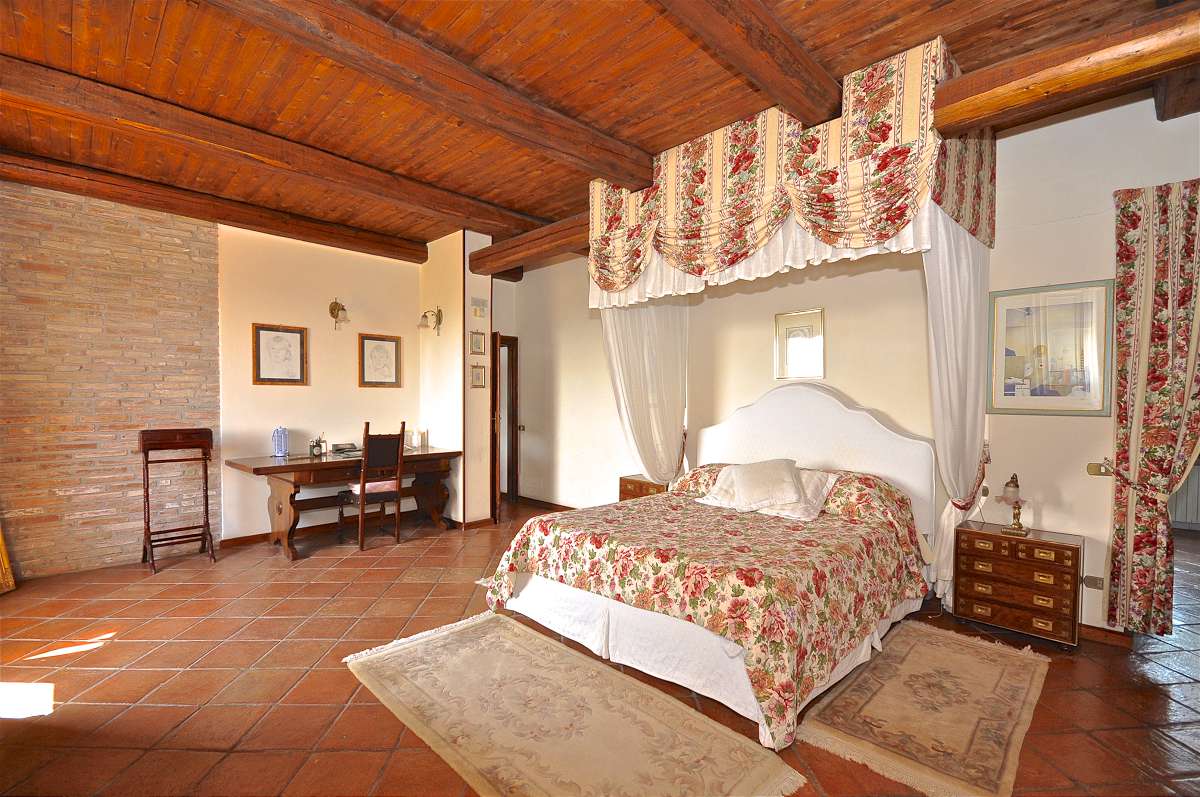

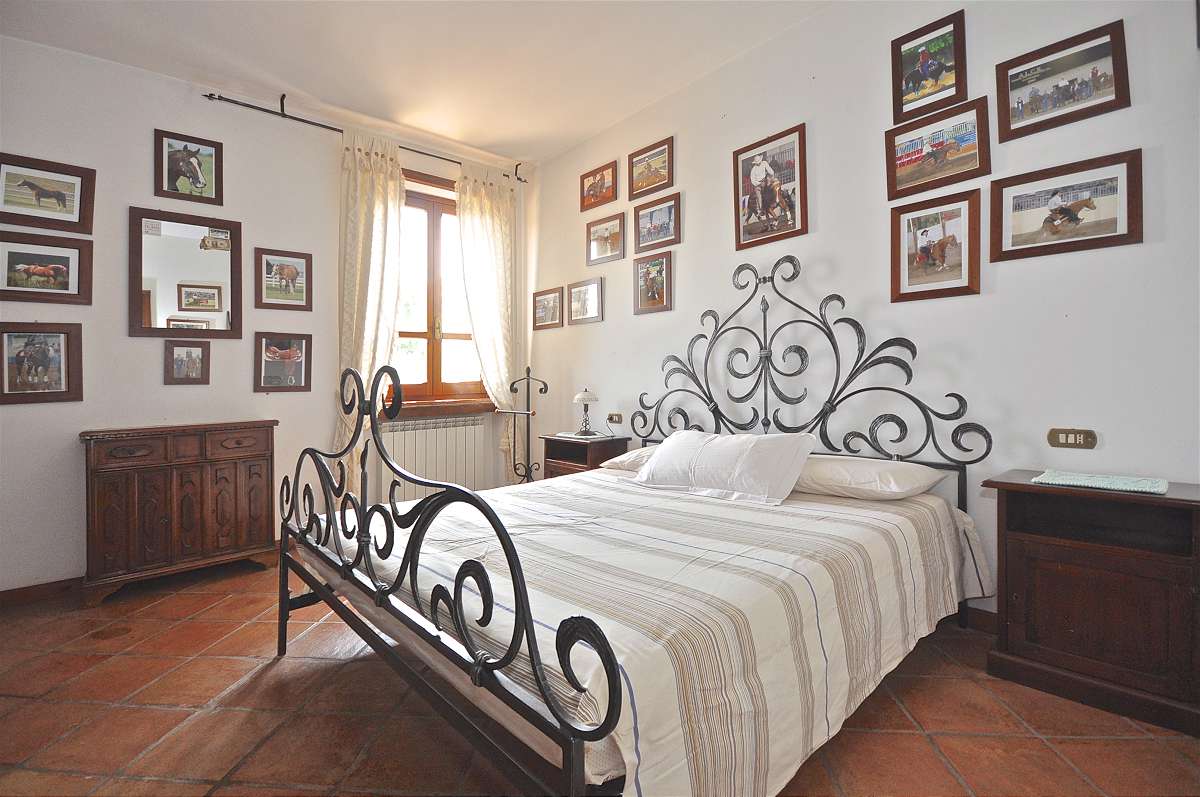
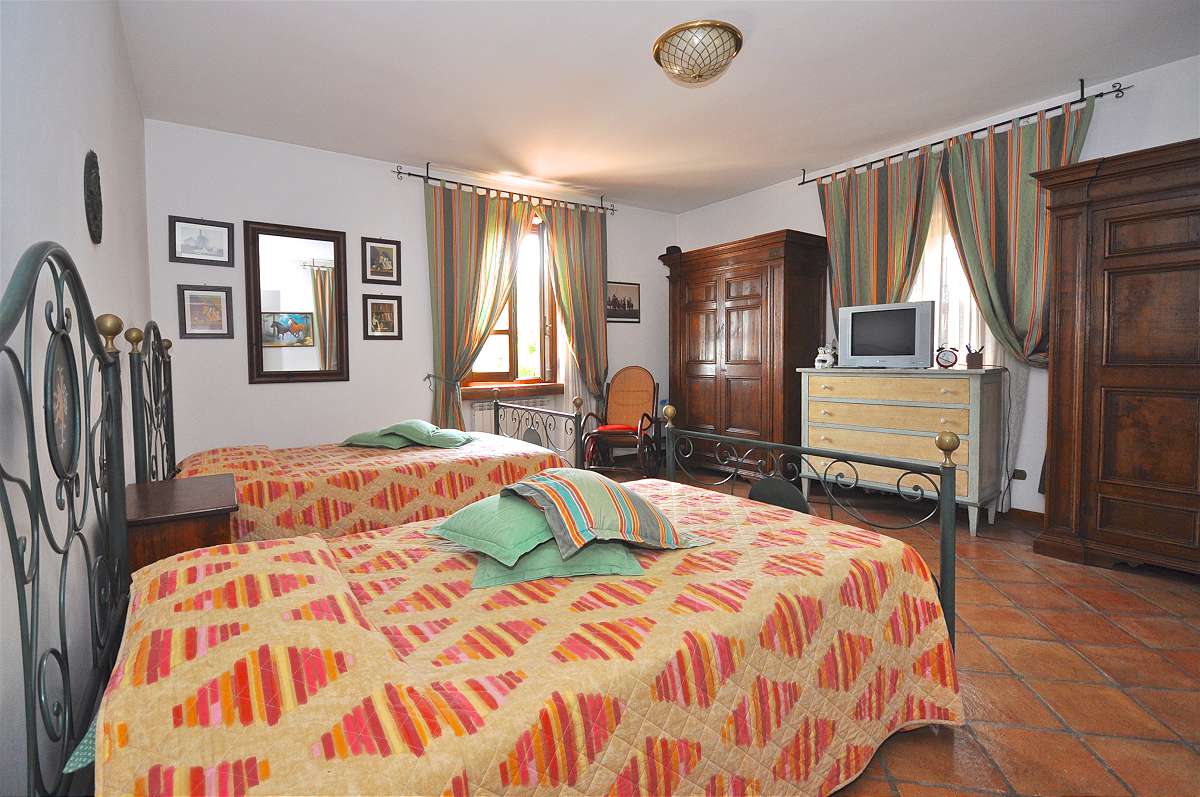
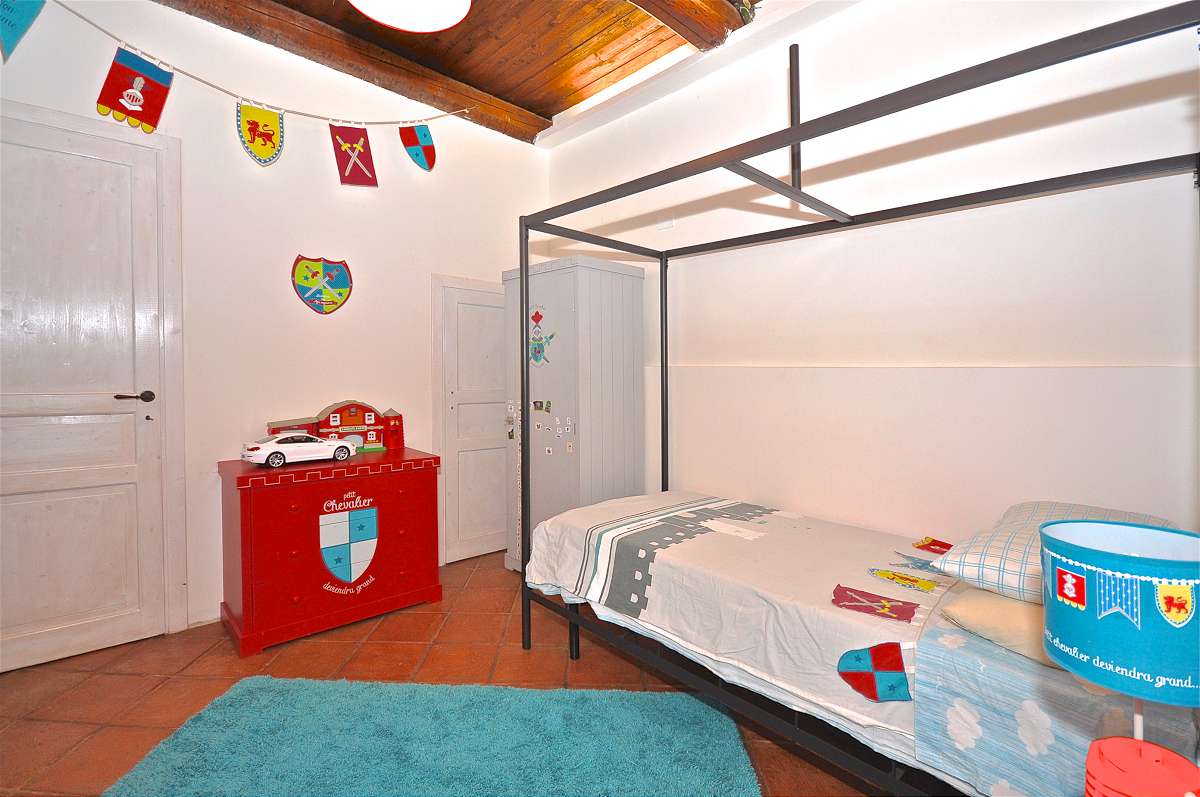
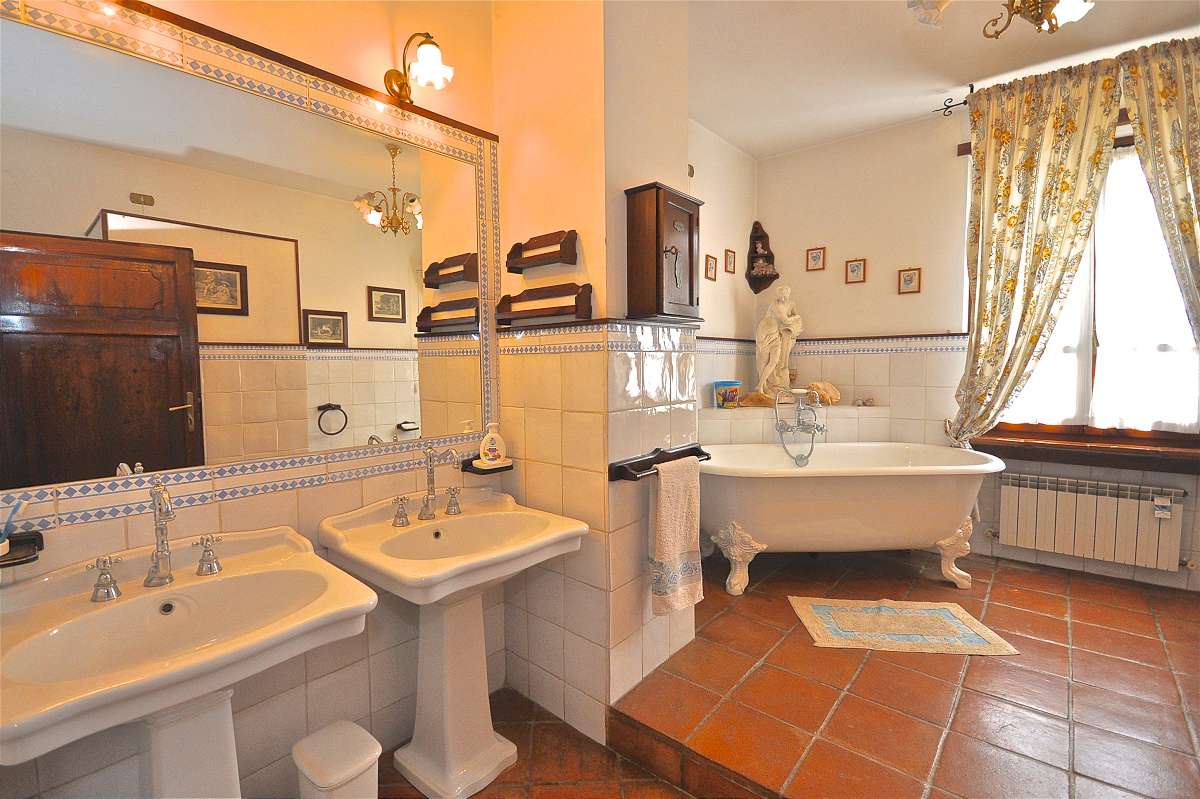
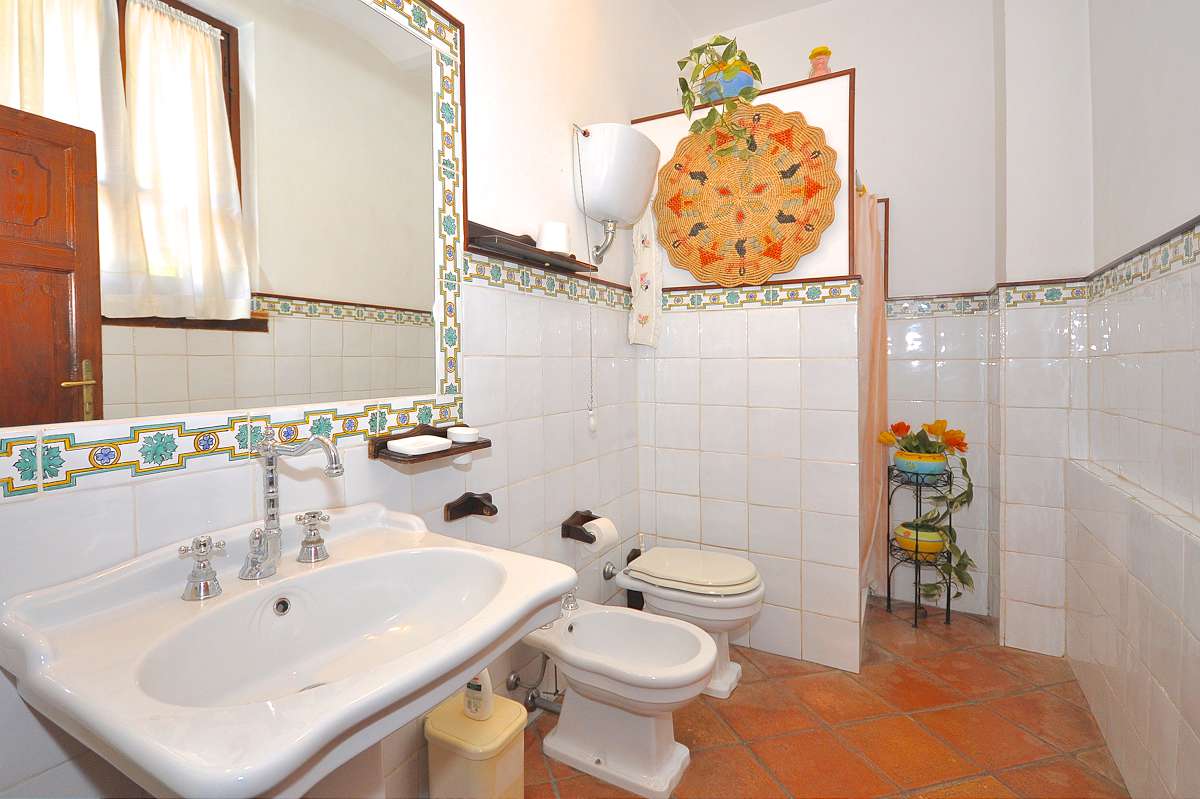
 Download info
Download info